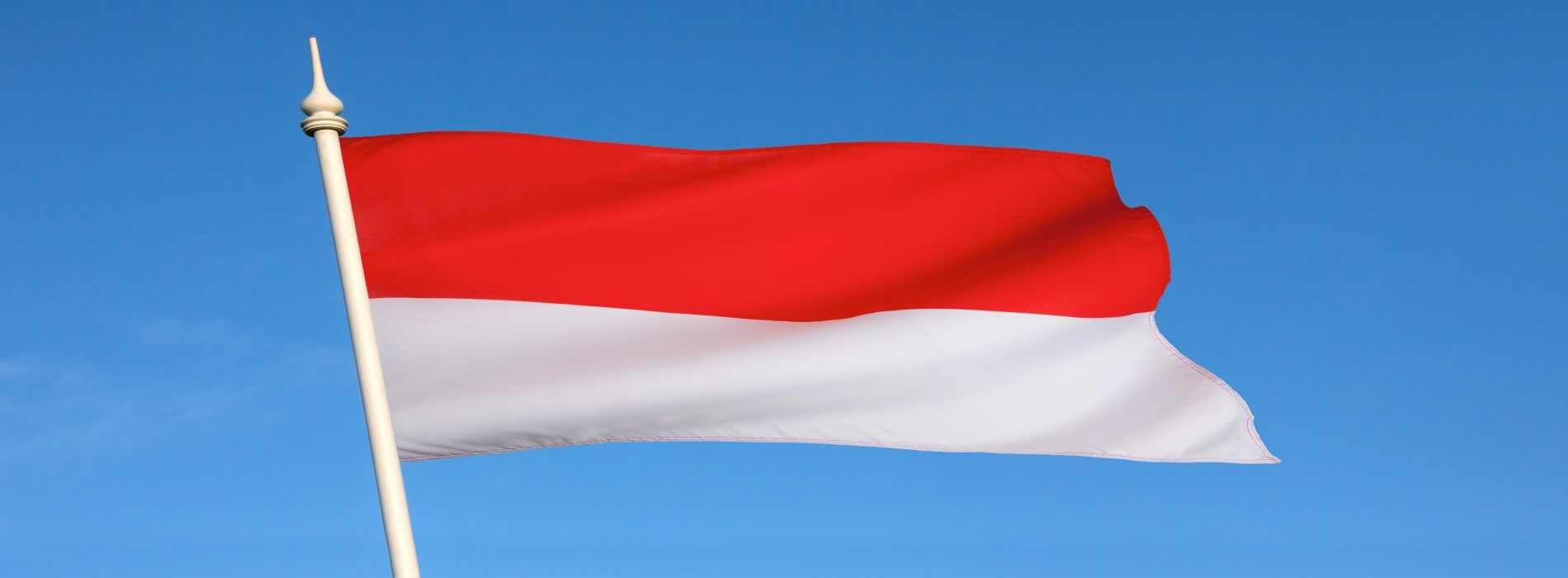Money laundering is a pressing issue in Cambodia, driven by various factors such as a weak Anti-Money Laundering (AML) regime, poverty, corruption, limited resources, income inequality, and a poorly developed economy. This guide provides an overview of money laundering in Cambodia, its root causes, and the regulatory bodies working to combat it.
Overview of Money Laundering Vulnerabilities in Cambodia
Cambodia is not traditionally considered a regional or offshore financial center, but it faces significant money laundering vulnerabilities due to weaknesses in its AML regime. Several key factors contribute to these vulnerabilities:
- Economic Challenges: Cambodia is a low-income country in Asia, struggling with long-term economic development, limited human resources, high-income inequality, and poor employment prospects. These economic challenges create an environment conducive to money laundering.
- Dollarization: Cambodia's economy heavily relies on the US dollar, which facilitates illicit financial transactions, as cash can easily be used for money laundering purposes.
- Loose Casino Control: The country has loose controls over its casinos, especially those near the borders with Thailand and Vietnam, making them potential hubs for money laundering activities.
- Weak Judicial System: Cambodia's judicial system is often criticized for being highly politicized and weak. This hampers effective enforcement of AML regulations and prosecution of money launderers.
- Corruption: Corruption is prevalent at various levels of government and society, making it easier for money launderers to evade detection and punishment.
Money Laundering Activities in Cambodia
Money laundering activities in Cambodia are primarily associated with the black market, including the smuggling of drugs and substances used in local methamphetamine production. These activities often involve both legal and illegal transactions conducted outside official financial institutions, making them difficult to track.
Cash proceeds from criminal activities are frequently invested in assets such as land, residential properties, luxury goods, and vehicles without passing through the formal banking system. Additionally, casinos along the borders with neighboring countries are exploited as potential channels for laundering money.
AML Regulators in Cambodia
Several regulatory bodies oversee and enforce AML regulations in Cambodia:
- Cambodia Financial Intelligence Unit (CAFIU): CAFIU is responsible for organizing and coordinating anti-money laundering efforts. It analyzes information and shares relevant data with law enforcement agencies.
- National Bank of Cambodia: The central bank, the National Bank of Cambodia (NBC), holds broad supervisory powers over financial institutions, helping to prevent money laundering in the banking sector.
- Anti-Corruption Unit (ACU): Certain aspects of money laundering fall under the purview of Cambodia's anti-corruption regime. The ACU investigates and enforces laws related to corruption and money laundering.
- National Coordination Committee: Established in 2012, this committee focuses on preventing and controlling money laundering and the financing of terrorism in Cambodia.
In conclusion, Cambodia faces significant money laundering challenges driven by economic vulnerabilities, loose controls, and corruption. While efforts have been made to strengthen AML measures, ongoing vigilance, enforcement, and international cooperation are essential to combat money laundering effectively in Cambodia.
AML Legislation in Cambodia
Cambodia has made efforts to address money laundering by enacting legislation. The most recent significant development is the 2020 AML/CTF law. This law aims to strengthen anti-money laundering measures within the country.
Activities Classified as Money Laundering in Cambodia
Under the Cambodia Anti-Money Laundering and Anti-Terrorist Financing Law, the following activities are defined as money laundering:
- Intentionally transforming or transferring property to conceal the involvement of a person in a preceding crime.
- Deliberate concealment of the true nature, origin, location, or property rights of assets.
- Engaging with assets known to be derived from predicate offenses.
- Assisting or coercing money laundering offenses knowingly.
AML Solutions for Cambodia
Unlock the potential of Sanction Scanner's AML compliance software tailored for Cambodia. With a profound grasp of Cambodia's regulatory environment, Sanction Scanner provides customized solutions that streamline compliance for businesses operating in this region. Get in touch with us or request a demo today to experience the future of AML compliance firsthand!





